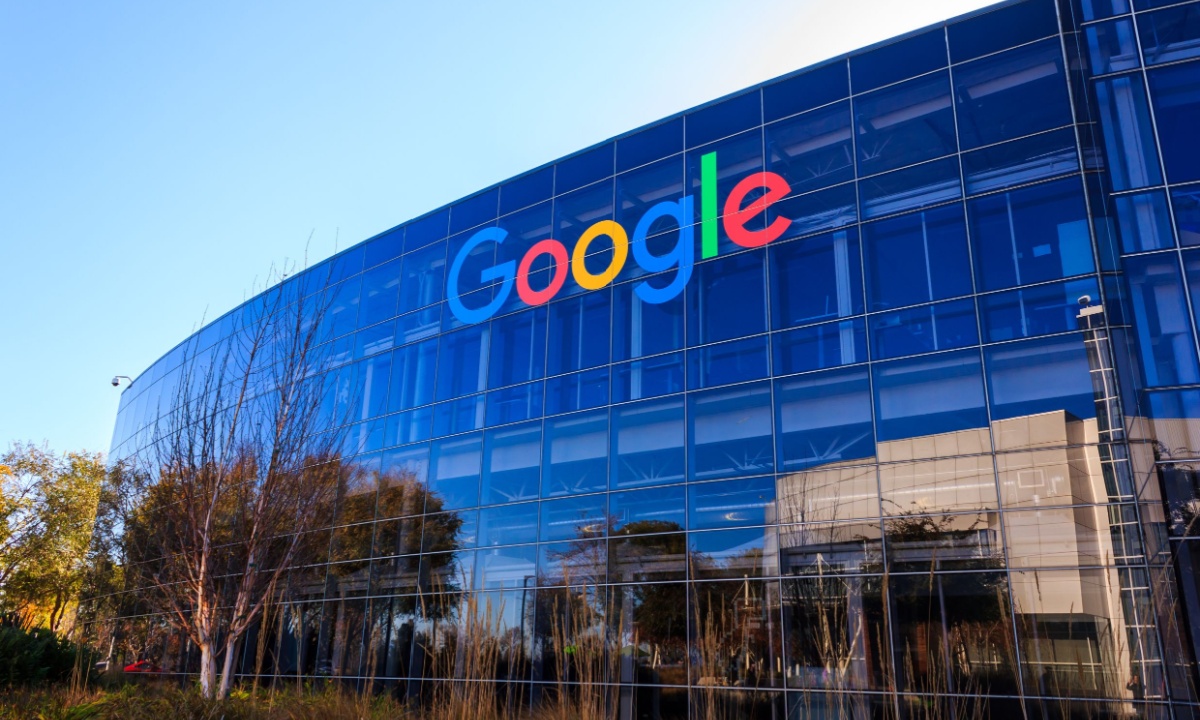
Leading airlines, hotels, and retailers are voicing their apprehensions about being sidelined by Google’s search modifications under new European Union tech regulations. Lobbying groups representing these industries have called on EU tech regulators to consider their perspectives, not just those of large intermediaries, as Google adapts to comply with the Digital Markets Act (DMA).
The Airlines for Europe group, which includes members such as Air France KLM and British Airways owner IAG, along with the hotel group Hotrec, the European Hotel Forum, EuroCommerce, Ecommerce Europe, and Independent Retail Europe, initially raised concerns in March about the potential impact of the DMA. The act, which imposes a series of dos and don’ts on Google and five other tech giants, aims to enhance user choice and foster competitive opportunities for rivals. However, these groups fear that the changes may negatively affect their revenue streams.
Read more: Why This Google Antitrust Lawsuit Has Promise
In a joint letter dated May 22 to EU antitrust chief Margrethe Vestager and EU industry chief Thierry Breton, the groups articulated their growing unease. “Our industries have serious concerns that currently considered solutions and requirements for implementing the DMA could further increase discrimination,” they wrote.
The letter emphasized that initial observations suggest these changes might significantly reduce direct sales revenues for companies by favoring powerful online intermediaries, who would receive preferential treatment. This, they argue, would disproportionately benefit large intermediaries and aggregators at the expense of airlines, hotels, merchants, and restaurants.
The European Commission is currently investigating Google for potential breaches of the DMA. However, the Commission has not yet responded to requests for comments on the matter.
In a March blog post, Google acknowledged that changes to its search results might drive more traffic to large intermediaries and aggregators, potentially at the expense of direct sales for hotels, airlines, merchants, and restaurants. Google has not provided additional comments following the recent letter from the industry groups.
The letter also highlighted concerns that the ongoing investigation into non-compliance with the DMA seems to focus solely on the fair treatment of third-party services, overlooking European businesses that also offer services on Google. The lobbying groups urged EU regulators to ensure a more balanced approach that considers the interests of all stakeholders involved.
Source: Reuters
Featured News
Big Tech Braces for Potential Changes Under a Second Trump Presidency
Nov 6, 2024 by
CPI
Trump’s Potential Shift in US Antitrust Policy Raises Questions for Big Tech and Mergers
Nov 6, 2024 by
CPI
EU Set to Fine Apple in First Major Enforcement of Digital Markets Act
Nov 5, 2024 by
CPI
Six Indicted in Federal Bid-Rigging Schemes Involving Government IT Contracts
Nov 5, 2024 by
CPI
Ireland Secures First €3 Billion Apple Tax Payment, Boosting Exchequer Funds
Nov 5, 2024 by
CPI
Antitrust Mix by CPI
Antitrust Chronicle® – Remedies Revisited
Oct 30, 2024 by
CPI
Fixing the Fix: Updating Policy on Merger Remedies
Oct 30, 2024 by
CPI
Methodology Matters: The 2017 FTC Remedies Study
Oct 30, 2024 by
CPI
U.S. v. AT&T: Five Lessons for Vertical Merger Enforcement
Oct 30, 2024 by
CPI
The Search for Antitrust Remedies in Tech Leads Beyond Antitrust
Oct 30, 2024 by
CPI